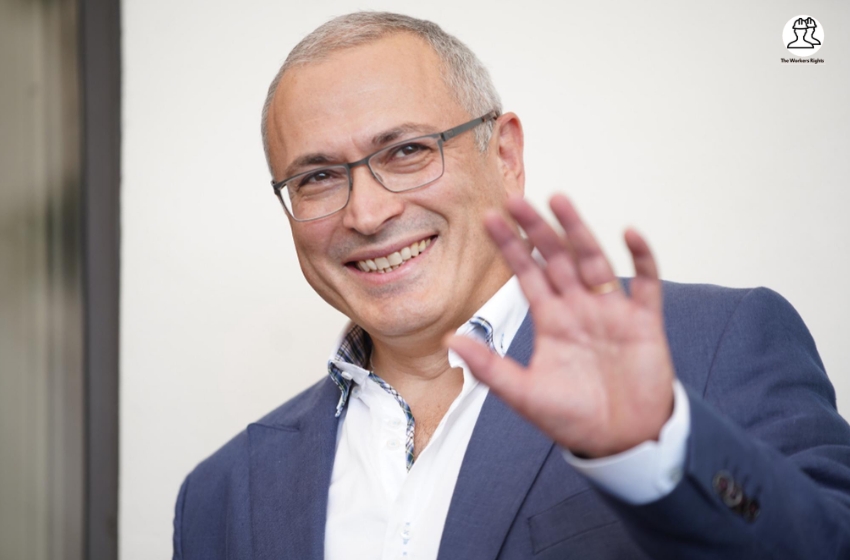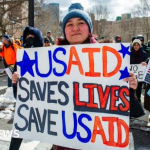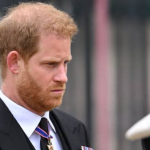
The European Court of Human Rights (ECHR) partially satisfied the lawsuit of the former head of the Yukos company Mikhail Khodorkovsky and the former head of the Menatep financial association PlatonLebedev, but did not admit, however, their allegations of the political nature of their prosecution. The relevant decision was published on the court’s website on Tuesday.
Last updated on September 28th, 2021 at 09:26 am
The European Court of Human Rights (ECHR) partially satisfied the lawsuit of the former head of the Yukos company Mikhail Khodorkovsky and the former head of the Menatep financial association PlatonLebedev, but did not admit, however, their allegations of the political nature of their prosecution. The relevant decision was published on the court’s website on Tuesday.
“The plaintiffs complained about the alleged political motivation for their detention, criminal prosecution and sentence, referring to Article 18 of the European Convention on Human Rights in conjunction with Articles 5, 6, 7 and 8, as well as Article 4 of Protocol 7 of the Convention,” the ECHR decision said.
The Court held that there was no need to examine the complaint under Article 18 in connection with Articles 6, 7 and Article 4 of Protocol 7 <…> and held that it had not been violated in conjunction with Article 8. “
At the same time, the European court granted their complaints of a violation of Article 6 of the Convention, which guaranteed the right to a fair trial, agreeing with their claims regarding the court’s refusal to hear some witnesses for the defense and question the experts of the prosecution.
Claims under the second paragraph of this article regarding the violation of their presumption of innocence through public statements by the authorities against them were rejected, as well as the bias of the judge who examined their case, as well as the failure to provide them with sufficient time to prepare the defense.
The ECHR admitted that Article 7 of the Convention (Punishment solely by law) and Article 8 (The right to respect for private and family life) were violated in respect of Khodorkovsky and Lebedev.
However, the judges did not consider it necessary to accept claims regarding the length of their term of imprisonment.
“It was decided unanimously that the recognition of violations in itself constitutes sufficient compensation for the non-pecuniary damage suffered by the applicants,” the report concludes.
The ECHR indicated that the compensation awarded in the framework of the previous decision on the suit of Yukos against Russia in 2014 in the amount of € 1.86 billion is a sufficient burden for the Russian budget.
On December 30, 2010, the Khamovnichesky court of Moscow found Khodorkovsky and Lebedev guilty under articles of the Criminal Code of the Russian Federation “Theft” and “Money laundering”, sentencing them to 14 years in a penal colony taking into account the sentence imposed on the first sentence. Later, the Presidium of the Moscow City Court commuted the sentence to 11 years in prison, and the Supreme Court – another two months to 10 years 10 months.
This trial began after Khodorkovsky and Lebedev were sentenced in May 2005 to nine years in prison for fraud and tax evasion.







